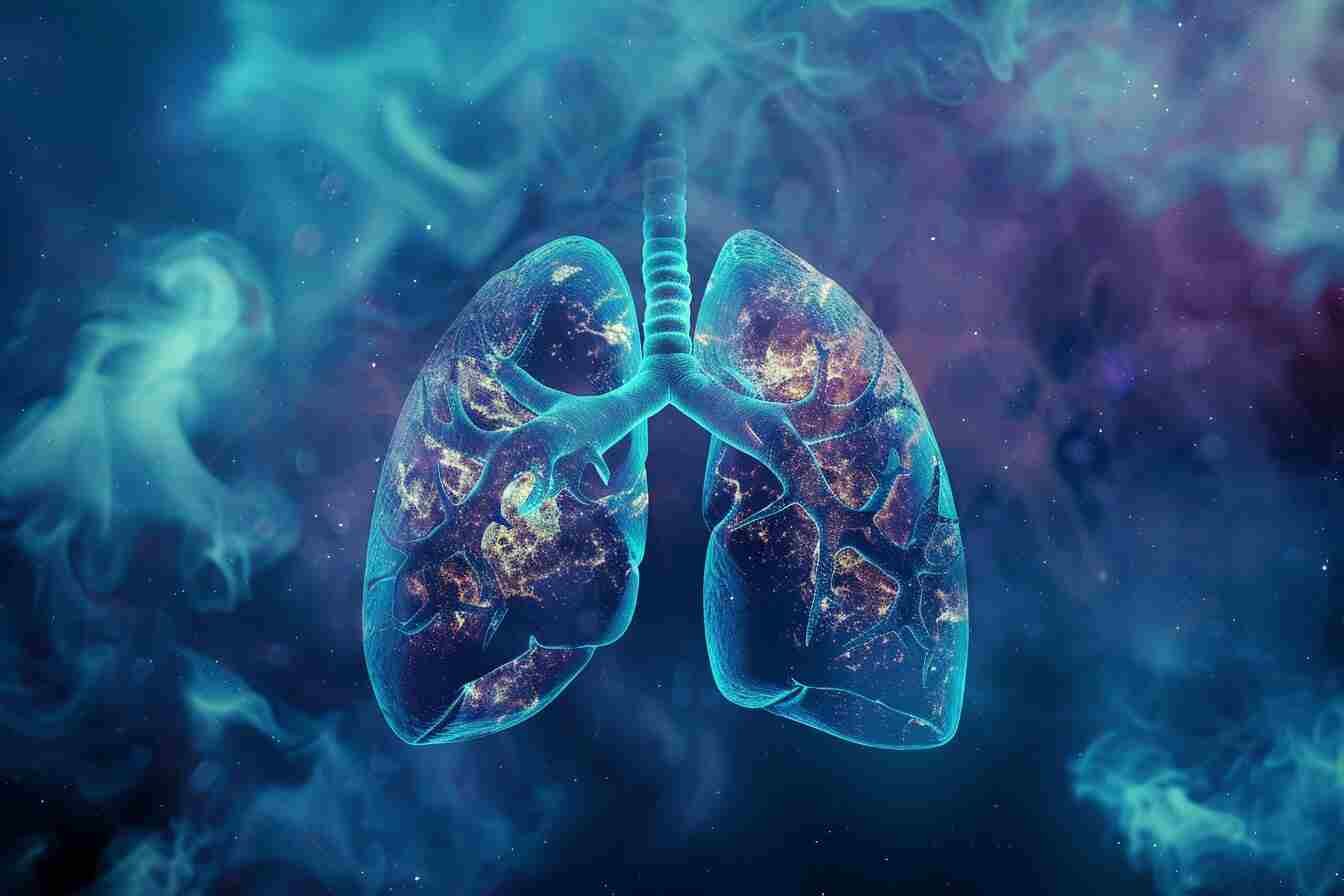Bad breath, also known as halitosis, can be quite unpleasant
Bad breath, also known as halitosis, is a persistent and unpleasant oral condition characterized by an offensive odor emanating from the mouth due to various factors, such as poor oral hygiene, bacterial growth, dry mouth, underlying health issues, dietary choices, tobacco use, and the presence of dental appliances, which can greatly impact an individual’s self-confidence and social interactions, emphasizing the importance of adopting proper oral care practices, seeking professional dental advice, and addressing potential underlying causes in order to effectively combat and eliminate bad breath, thereby promoting oral health, fresh breath, and overall well-being.
Read also: The Papyrus Ebers: A Fascinating Insight into Ancient Egyptian Medicine and Society
How to eliminate bad breath?
Remember that maintaining good oral hygiene practices, staying hydrated, and addressing any underlying issues are key to eliminating bad breath. If the problem persists despite your efforts, it’s advisable to seek professional advice from a dentist or healthcare provider to identify and address the underlying cause.
Here are some tips to help eliminate bad breath:
- Practice good oral hygiene: Brush your teeth at least twice a day for two minutes each time and floss once a day. Be sure to clean your tongue as well since it can harbor bacteria that contribute to bad breath.
- Use mouthwash: Rinse your mouth with an antimicrobial mouthwash after brushing. This can help kill bacteria and freshen your breath. Look for mouthwashes that contain chlorine dioxide, cetylpyridinium chloride, or essential oils like tea tree oil or peppermint oil.
- Stay hydrated: Dry mouth can contribute to halitosis as it reduces saliva production. Drink plenty of water throughout the day to keep your mouth moist and to help wash away food particles and bacteria.
- Avoid tobacco products: Smoking and chewing tobacco can cause persistent halitosis. If you use tobacco products, quitting or reducing your usage can greatly improve your breath.
- Watch your diet: Certain foods like onions, garlic, and spicy foods can cause temporary smelling breath. Brushing your teeth, using mouthwash, or chewing sugar-free gum can help alleviate the odor. Additionally, reducing your intake of sugary foods and drinks can help prevent the growth of bacteria in your mouth.
- Chew sugar-free gum or mints: Chewing sugar-free gum or sucking on sugar-free mints can stimulate saliva production, which helps wash away bacteria and freshen your breath.
- Visit your dentist regularly: Regular dental check-ups and cleanings are essential for maintaining good oral health and detecting any underlying issues that may contribute to bad breath, such as gum disease or tooth decay.
- Address any underlying oral health issues: If you have persistent smelling breath despite good oral hygiene practices, it’s important to see your dentist. They can evaluate your oral health and address any underlying issues, such as gum disease, cavities, or infections.
- Clean your dentures or dental appliances: If you wear dentures or use other dental appliances, make sure to clean them thoroughly as per the instructions provided by your dentist. Bacteria and food particles can accumulate on these appliances and contribute to bad breath.
- Avoid alcohol-based mouthwashes: Although mouthwashes can help freshen your breath, alcohol-based ones can dry out your mouth, leading to smelling breath. Opt for alcohol-free mouthwashes instead.
- Practice nasal hygiene: Sometimes, halitosis can stem from post-nasal drip or sinus issues. Using a saline nasal rinse or spray can help flush out bacteria and reduce the chances of odors originating from the nasal passages.
- Consider your medication: Certain medications, such as antihistamines and antidepressants, can cause dry mouth as a side effect, leading to smelling breath. If you suspect that your medication may be contributing to the issue, consult with your healthcare provider to explore alternative options or strategies to alleviate dry mouth.
- Manage underlying health conditions: Bad breath can be a symptom of certain medical conditions like diabetes, gastrointestinal issues, or liver problems. If you have an underlying health condition, managing it effectively may help improve your breath. Consult with your healthcare provider for guidance.
- Avoid excessive coffee and alcohol consumption: Both coffee and alcohol can contribute to bad breath. They can dehydrate your body and reduce saliva production. Limit your consumption and ensure you stay hydrated when consuming these beverages.
- Chew on fresh herbs or spices: Certain herbs and spices have natural breath-freshening properties. Chewing on fresh herbs like parsley, mint, or cilantro, or spices like cloves or fennel seeds, can help mask smelling breath temporarily.
- Consider probiotics: Imbalances in the oral microbiome can contribute to halitosis. Probiotic supplements or foods containing probiotics, like yogurt or fermented foods, can help promote a healthy balance of bacteria in your mouth.
- Manage stress: Stress can contribute to dry mouth and, subsequently, smelling breath. Engaging in stress-reducing activities like exercise, meditation, or hobbies can help alleviate smelling breath caused by stress.
Remember that if you have concerns about halitosis, it’s always a good idea to consult with a healthcare professional or dentist to rule out any underlying medical conditions and receive personalized advice.
Halitosis Unveiled: Exploring Medical Causes and Effective Solutions for Halitosis
I. Introduction: Decoding the Medical Origins of Bad Breath
While common causes of bad breath often relate to oral hygiene and dietary habits, persistent halitosis can sometimes be a symptom of underlying medical conditions. This article delves into the medical aspects of bad breath, shedding light on potential health issues and offering insights into effective solutions.
II. Medical Conditions Contributing to halitosis:
- Sinus Infections:
- Connection: Sinusitis can lead to postnasal drip, contributing to unpleasant breath.
- Solution: Addressing the sinus infection through medical intervention can alleviate associated bad breath.
- Gastrointestinal Issues:
- Connection: Conditions like acid reflux or gastrointestinal reflux disease (GERD) can cause stomach acid to rise, leading to halitosis.
- Solution: Managing the underlying gastrointestinal condition with lifestyle changes and medications.
- Respiratory Infections:
- Connection: Infections in the respiratory system, including the lungs and throat, can contribute to halitosis.
- Solution: Treating the respiratory infection with appropriate medical care.
- Diabetes:
- Connection: Diabetes can lead to a fruity or sweet-smelling breath due to elevated ketone levels.
- Solution: Managing blood sugar levels through proper diabetes care.
- Liver or Kidney Disease:
- Connection: Impaired liver or kidney function can cause specific odors to be released through the breath.
- Solution: Addressing the underlying liver or kidney condition with medical treatment.
- Dry Mouth (Xerostomia):
- Connection: Certain medications, medical treatments, or health conditions can cause dry mouth, contributing to bad breath.
- Solution: Managing the underlying cause of dry mouth and using artificial saliva substitutes.
When to Seek Professional Help?
Persistent halitosis despite practicing good oral hygiene may indicate an underlying issue. If the problem persists, consult a dentist or healthcare professional to identify and address the root cause.
Banishing bad breath is not only about maintaining oral hygiene but also adopting lifestyle changes that promote overall health. By implementing these strategies, individuals can confidently face the world with a breath of fresh air, knowing that their oral health is in top-notch condition.
Information: Cleverly Smart is not a substitute for a doctor. Always consult a doctor to treat your health condition.
Sources: PinterPandai, WebMD
Photo credit: ResproPolska via Pixabay



